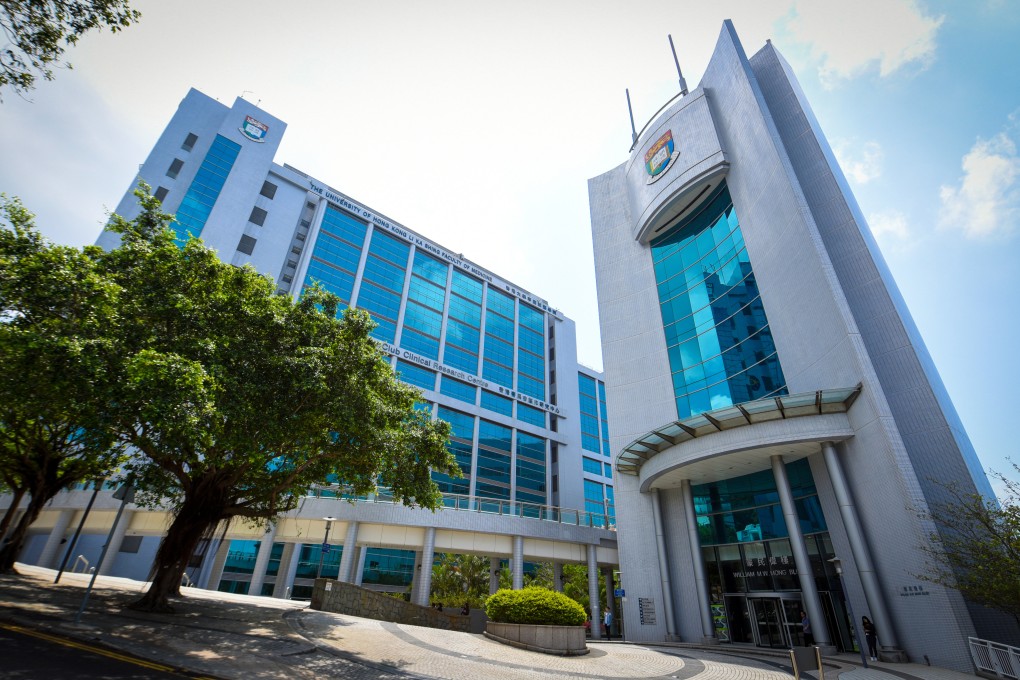Should Hong Kong charge higher fees for more expensive university courses like medicine?
- As city imposes higher fees to counter rising costs, students and experts ask whether alternative structure may increase inequality

The unit cost for medical and dental students is more than double that for those studying non-laboratory disciplines such as business, language, education and the social sciences.
But several representatives in the education sector who spoke to the Post dismissed the idea of charging different tuition fees for undergraduates based on their disciplines, saying it could impede upwards social mobility by discouraging students with financial difficulties from enrolling in more expensive courses.
According to figures by the University Grants Committee (UGC), the average undergraduate unit cost per year in the last academic year stood at HK$288,000, rising from HK$203,000 in 2012-13, marking a 42 per cent increase over a decade.
Among 17 disciplines at public universities categorised by the UGC, physical sciences recorded the biggest jump in cost, at 56 per cent over the decade, followed by art and design at 48 per cent.
The city government earlier announced that university tuition fees would rise by HK$2,400 for the 2025-26 academic year and by another HK$2,500 annually for the two years after that.
